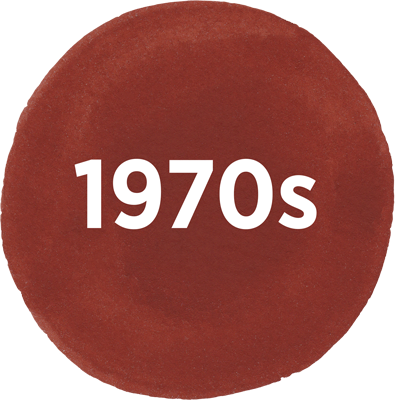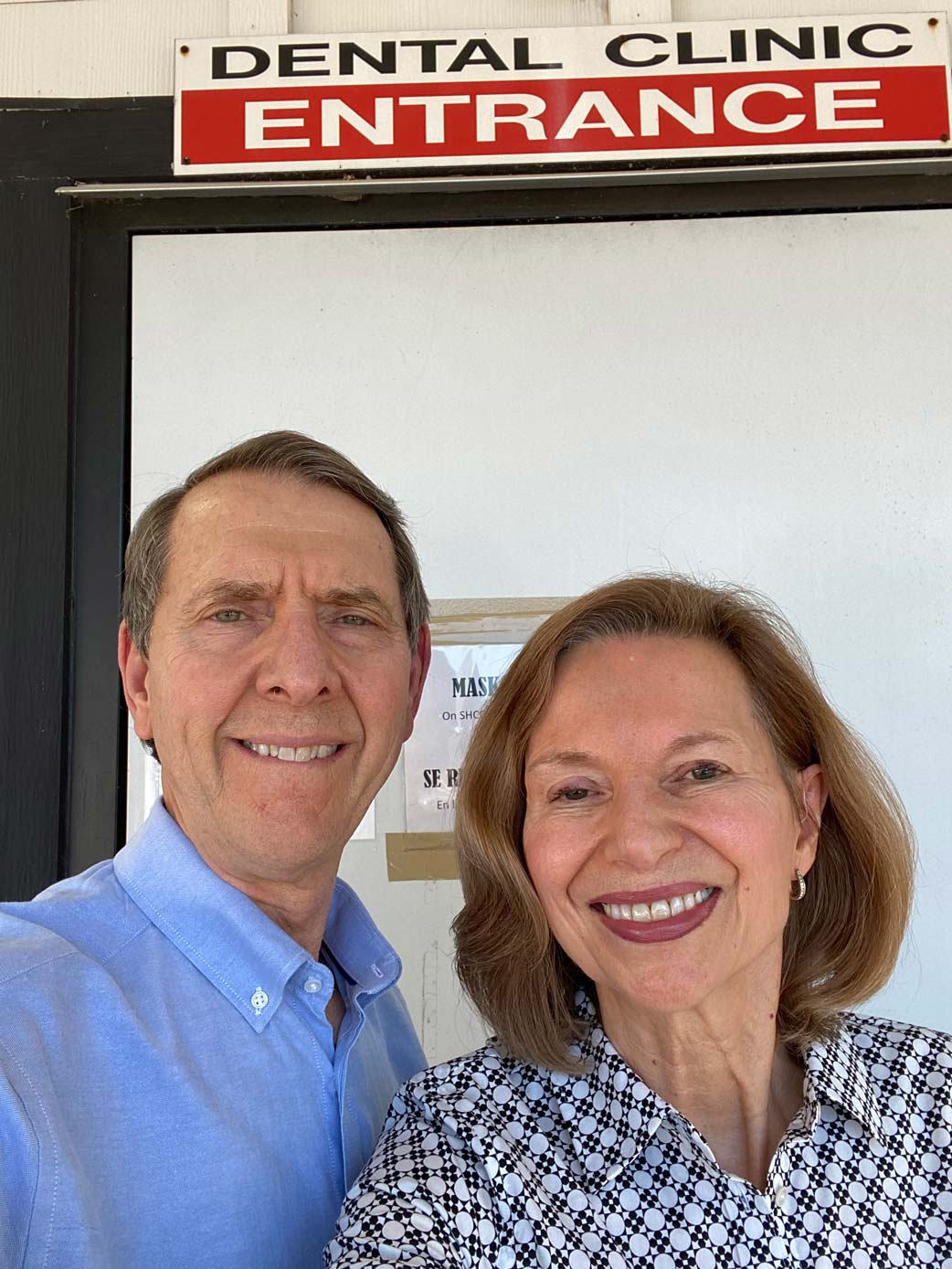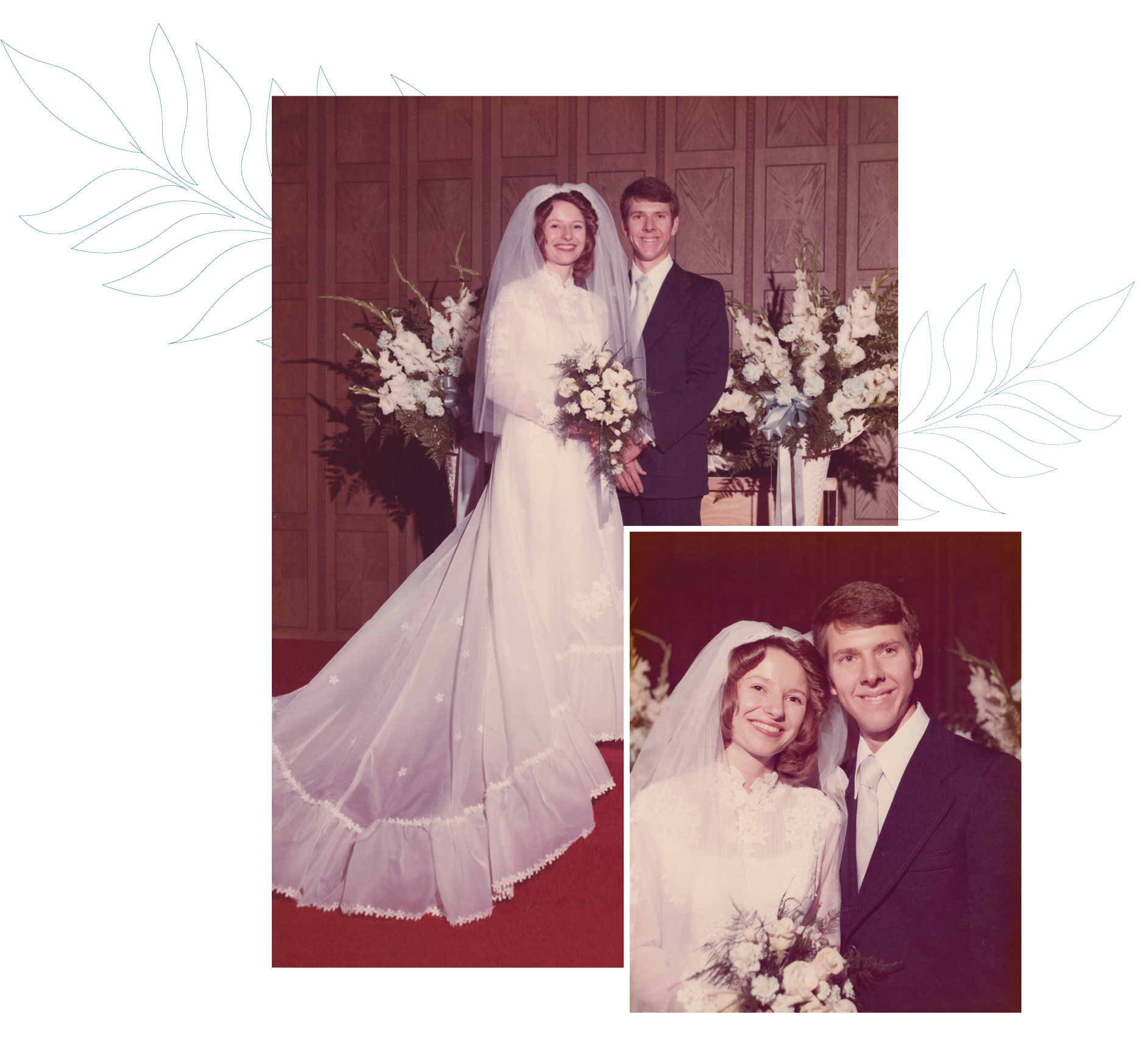'You've got to take care of the stranger'
JB: We met at Whitworth on a Saturday night. Back in those days we had "steak night" at SAGA. It was always a special night. I was sitting with my dorm friends and we were talking about how hard it was to get a date. There was this young man sitting to the right of me, and I turned to Dennis and said, "Well, I guess I should introduce myself." We introduced ourselves to each other and then we found out that our homes [in Washington state] were only 30 miles apart. So that started a relationship. We married four years later, in 1975.
DB: When I sold my dental practice and retired [in 2018], I was trying to give away my dental chair. I went to tattoo parlors and everywhere else I could think of. The free Catholic community clinic had just started, and they had opened a small dental clinic. I thought they'd need a dental chair but they had gotten a grant from a local hospital for that. They said, "What we really need is you and your dental license." So I do that now. A lot of people the clinic treats have lost their job, especially with COVID, and they just need help. It could be blood pressure meds, diabetes, or some rotten teeth that need pulled. It's been very good – you are taking care of someone who is grateful to be taken care of.
JB: After I retired, I taught English as a Second Language through Manos de Christo and our church. But my main volunteer activity has been with the Austin Street Youth Ministry, where I volunteered onsite for about five years. Since the pandemic, I've mainly been bringing food and supplies to the ministry each week, and Dennis helps me. I am also an ordained deacon with the Presbyterian church and a deacon moderator. I am working on an M.A. in theology from Fuller Theological Seminary as well as certification in spiritual direction through the Selah Certificate Program in Spiritual Direction.
DB: The Gospel of Matthew says you've got to take care of the stranger. Everybody I treat [at the clinic] is a stranger and they don't have any other way to get help. It's kind of living out my faith – you know you're making a difference and you'll probably never see them again.


